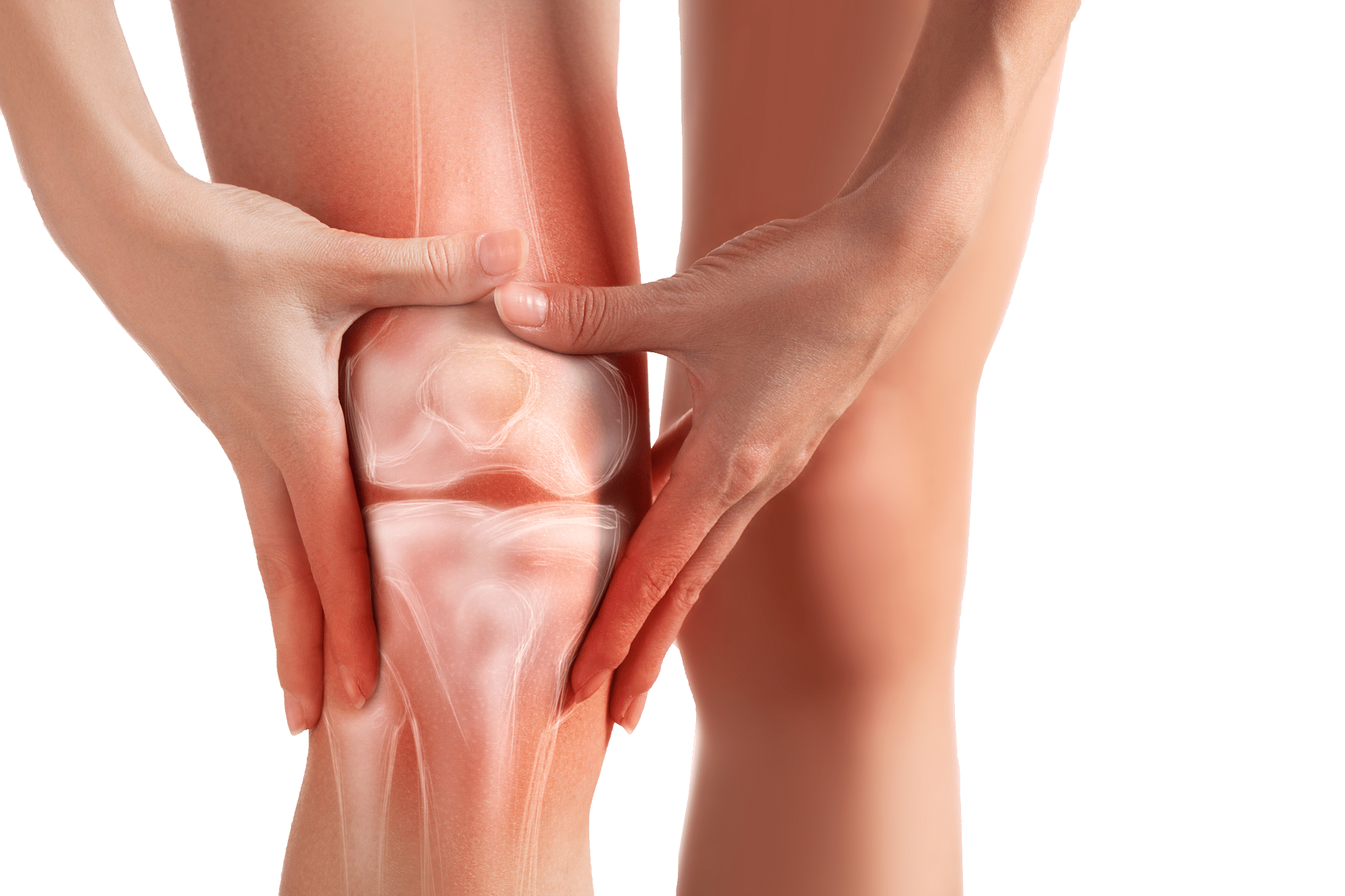What is Iliotibial Band Syndrome (Itbs)?
Body
Iliotibial band syndrome happens when your tendon gets irritated and swollen from rubbing against your hips and knee bones. Tendon is something outside your leg that goes from the top of your pelvic to your knees. There are too many reasons why your iliotibial band might tighten. Contact the Knee Pain doctor financial district for proper treatment and diagnosis if you find pain or swelling in your knee.

Tendons are flexible and elastic-like fibrous tissues that connect your muscles to your bones. Also, they help to move and pull your muscles and bones if you have ITBS in both legs, called bilateral band syndrome. Your tight iliotibial band might rub against your bones because:
- Cooling down too fast after exercising.
- Lack of rest time.
- If you find less stretching during the exercise
- Too much exercise
- Running on an improper or curved surface.
- Running downhill too quickly.
- Warm-up and sweat too soon before exercising.
- Worn out shoes or imbalance during the walk
How does iliotibial band syndrome affect (ITBS)?
Your body possesses a higher risk of iliotibial band syndrome if you do excessive exercise and physical activity. Even if you’re not an athlete, then here are some following reasons you may suffer from iliotibial, including:
- Twisted legs.
- Unequal leg size.
- Knee arthritis.
- Sudden rotation of your ankle, leg, or foot inward.
- Weakness in your hip muscles and bones.
If you find any of the following signs, visit your doctor for a thorough diagnosis and knee pain treatment new york.
How is iliotibial band syndrome diagnosed?
A knee doctor might diagnose your iliotibial band syndrome after discussing your medical history of exercise and performing a physical examination. Knee pain treatment specialists manhattan will check a few signs of ITBS:
- Grating sound or feeling when you move your knee or hips.
- If you experience any pain around your trochanter.
- If you find gradual pain increases while exercising
- Pain goes worse when you go down downhills

What tests are done to diagnose iliotibial band syndrome (ITBS)?
Knee pain treatment specialists Long Island might perform the Nobel and Ober test to diagnose iliotibial band syndrome, including several steps:
- They will check the lateral epicondyle outside your knee to see where the pain originates.
- If you feel pain while moving your hips far away from your body while supporting your knees.
- Your doctor will ask you to move your knee at different angles to see the cause of the pain.
What causes iliotibial band syndrome?
A common reason for iliotibial band syndrome is irritation and swelling around your knees when you stretch your muscle too tight and rub against the bone. There are a few more causes of iliotibial band syndrome:
Excessive foot pronation: When your foot rotates outside, it stretches the iliotibial band and brings it closer to your birth.
Hip abductor weakness: Abduction of the hip when your hip turns away from your body. A weakened ability to rotate your hip and knees.
If you find any pain and swelling around your knees, you should immediately visit your knee pain treatment specialists NYC.
Article Source : https://www.shoutarticle.com/what-is-iliotibial-band-syndrome-itbs/








Comments